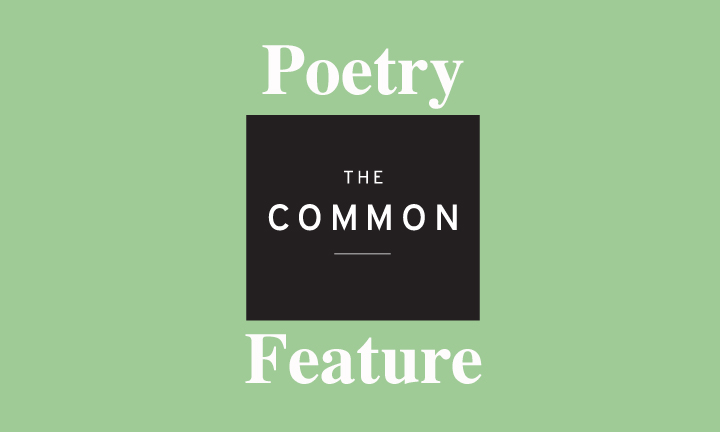Four Poems By ELEANOR STANFORD
Contents
- Everything that exists in any world exists in the actual world
- There is nothing so far away from us as not to be part of our world
- The world we live in is a very inclusive thing
- “Missing” universals that ought to be possible
Everything that exists in any world exists in the actual world
I don’t think, you said, you want to leave your husband. Our faces were pressed close together in the dark. No, I said quietly. The only way to guarantee the protection of certain cave structures is to guarantee the stability of the vegetation on the surface. And yes, I said, speaking into your mouth, the way my youngest son does sometimes. Most intimate secrets must be swallowed, taken in whole. Under a deep rock ledge, a grotto, the late afternoon sun reaching down. My mouth a small pool hidden.
There is nothing so far away from us as not to be part of our world
Along the river to Purificação, the bromeliads hover—asterisks on the branches. After the cataract’s cold plunge, I lie on a boulder in the sun, reading Ovid. Juno’s resplendent in her jealousy, gilt-edged. My husband is a distant glimmer, lifting our sons into the light. In Portuguese the possessive must agree in number and gender with the thing possessed. When Arcas threw the spear, not knowing the bear was his mother, Jupiter blocked the bronze tip, then spun them into suns. I could be happy to be a distant star, you said once. I watch the boys bathing by the rocks, points of light in the falls’ spinning constellation. I think of you in another country. How even when we touch, like an epiphyte you draw your nourishment from air.
The world we live in is a very inclusive thing
The longest day of the year. A few friends drink gin on the porch and wonder idly about apocalypse. It’s my twentieth wedding anniversary, I say.
My husband’s on a volcano at the equator. Our marriage, too: half light, half dark.
Translator’s note: the heteronyms allow for travels in space, even if the space is inside of the head.
You’re in Copenhagen. The sun still visible at midnight. Your daughter a glowing thing beside you.
My sons are less benevolent. Wild-eyed and sweat-sour, they sneak sips of liquor, erupt with words: lit, straight fire, on fleek.
Translator’s note: forward to self-perpetuation, backward to self-immolation.
Even my heteronyms desert me. Won’t be seduced by short skirts or metaphysical texts. In Brazil, the world has already ended, but here on my porch in Pennsylvania, I’m clear as moonshine. Admiring the set of knives I fashioned with my own body.
“Missing” universals that ought to be possible
I occupy mostly privileged positions, you write on your Facebook wall.
Every day I drive through places that seem impossible. Past the rented room in West Philly where I unbuttoned your shirt and placed a hand on your chest. The New Number One Chinese Restaurant on Walnut Street.
When I do text, after weeks of silence, it is from a hotel room above Rittenhouse Square, the spent bodies in the bed beside me numinous in sleep. Four-word missive from the shock of uncomplicated desire. From the grief of a mind that is no longer human.
By the end I had to promise to want to fuck you but not ask anything at all, to come to you on my knees and expect to be rebuffed.
It wouldn’t surprise me if there’s still great deal of work I have to do on other aspects of my masculinity and/or sexuality, you announce humbly to your nine hundred and sixty-nine friends.
Translator’s note: Neither form nor philosophy protect him.
The Satellite Cafe, with its bitter anarchist coffee and spider plants hanging in tin cans.
I’m presently imperfect, you write.
Eleanor Stanford is the author of three books of poetry, The Imaginal Marriage, Bartram’s Garden, and The Book of Sleep, all from Carnegie Mellon University Press. Her work has appeared in Poetry, Ploughshares, The Iowa Review, The Kenyon Review, and many others. She is the recipient of a 2019 NEA fellowship for poetry, and was a 2014/2016 Fulbright fellow to Brazil, where she researched and wrote about traditional midwifery. She lives in the Philadelphia area.




